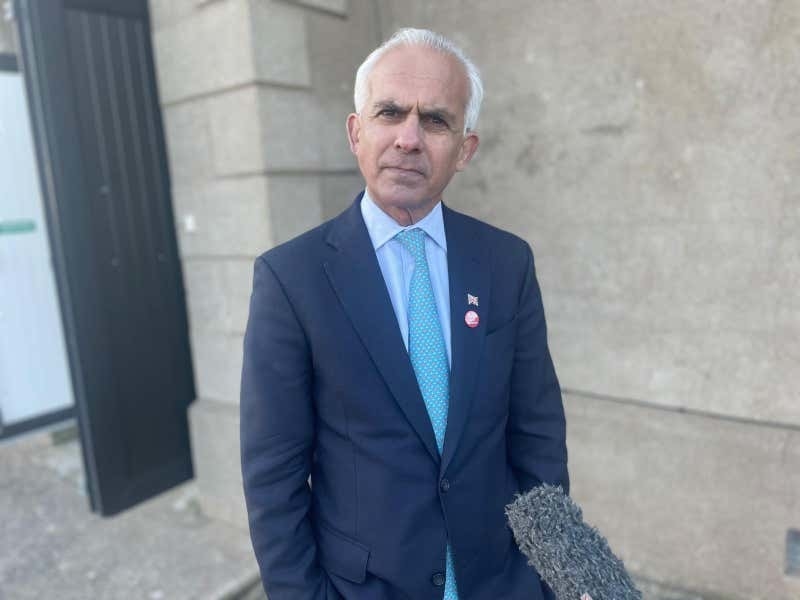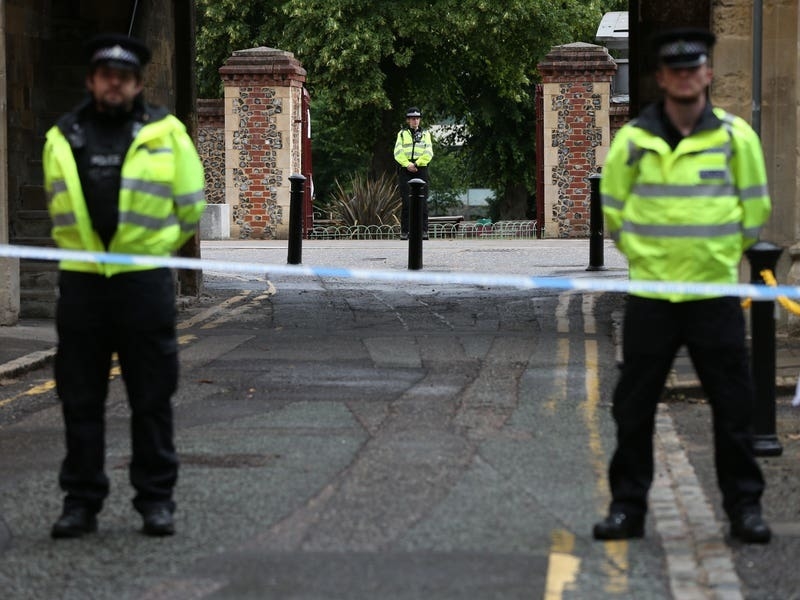THE sell-off in global stocks extended to a sixth straight week in volatile trading as central banks around the world took more assertive action to try to curb inflation despite growing concerns of an economic slowdown. The blue-chip S&P 500 declined 4% and the technology-focused Nasdaq fell 7.3%.
Corporate earnings reports were again mixed with the winners skewed towards old economy stocks, including oil majors BP and Royal Dutch Shell.
BP generated an underlying first-quarter profit of $6.2 billion, its best quarter in more than a decade on the back of surging energy prices following Russia’s invasion of Ukraine. However, it also reported a headline loss of £20.4 billion, which included a $24 billion write-down of its 19.75% stake in Russian oil giant Rosneft.
Shell’s profits hit $9.1 billion, almost three times higher than in the same period a year ago. In addition to its oil production and integrated gas divisions, Shell is the world’s largest trader of liquefied natural gas and has benefited from soaring prices as Europe seeks to reduce its reliance on imported energy from Russia.
The huge profits are politically sensitive at a time when many households are struggling to pay their energy bills. Opposition politicians, including Labour leader Sir Keir Starmer and Shadow Climate Change Minister Ed Miliband, renewed their calls for a windfall tax from oil and gas profits from the UK North Sea. PM Boris Johnson has thus far resisted, arguing that it would discourage investment into the region, but Chancellor Rishi Sunak hasn’t ruled it out.
Central banks in Sydney, Mumbai, Washington and London raised interest rates one after another last week. The Reserve Bank of Australia was the first to go, hiking its benchmark interest rate by a quarter of a point to 0.35%.
Although the move was widely expected, it was significant as it is the first time the RBA has raised borrowing rates in the run-up to a federal election since 2007 and incumbent PM Scott Morrison will be hoping history doesn’t repeat later this month. The then four-term Prime Minister John Howard was defeated by Kevin Rudd.
The Federal Reserve then raised its benchmark interest rate by half a percentage point on Wednesday and signalled identical hikes would follow in June and July. It will also begin shrinking its balance sheet by selling $47.5 billion of bonds a month, increasing to $95 billion by September.
The Bank of England followed the Fed on Thursday with a quarter-point hike to take its base rate to 1%, the highest level since the financial crisis. Three of the nine members on the Monetary Policy Committee voted for a half-point increase.
The more moderate increase suggests the majority of MPC members are mindful of the cost-of-living crisis and are trying to navigate a tricky path of taking the heat out of inflation without aggravating an inevitable recession.
Governor Andrew Bailey acknowledged there would be a ‘very sharp slowdown’ in economic activity and the BoE forecasts a 1% contraction in the fourth quarter, coinciding with double-digit CPI inflation.
Commodities lost some ground and Brent Crude fell back to $105 a barrel. Of particular concern is the impact on demand from the Covid lockdowns and restrictions in China, the world’s second-largest economy. Last week, President Xi Jinping reaffirmed his commitment to the zero-Covid strategy and recent data suggests the economy will grow at a much slower rate than Beijing’s 5.5% official target this year.






